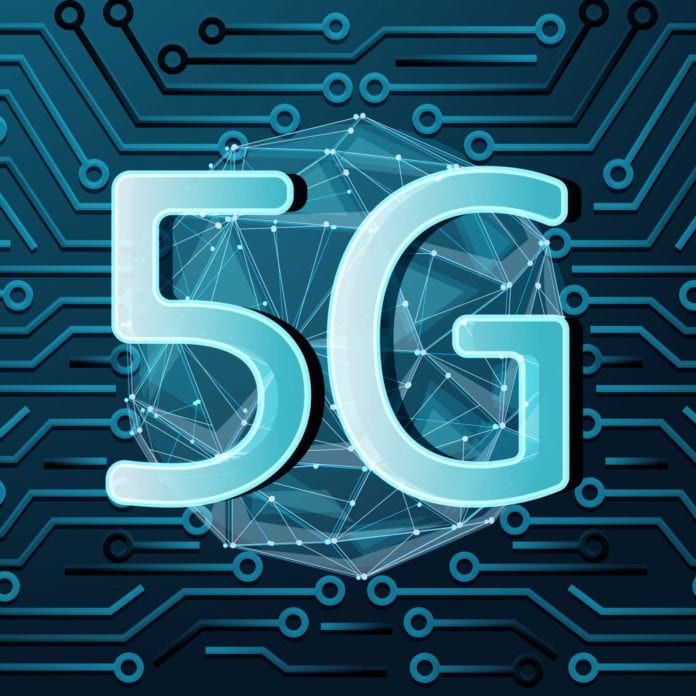German telecommunications operator Vodafone said it is increasing the speed of existing 5G sites following the decision by Germany’s Federal Network Agency (BNetzA) to approve the use of 5G frequencies in the 3.5 GHz range.
The regulator had awarded this spectrum in late summer 2019.
Vodafone had initially launched its 5G network in Germany last year, on 3.5 GHz frequencies that it acquired from Telefónica in 2018.
Vodafone noted that existing 5G base stations and antenna are being brought up to full power, offering customers speeds of up to 1 Gbps, up from the maximum speed of 500 Mbps that has been provided by 5G so far.
“5G will continue to pick up speed in 2020,” said Vodafone Germany’s CEO, Hannes Ametsreiter. “At 5G, we’re turning on the turbo this year, accelerating our network and expanding. We bring the gigabit wherever the gigabit is needed.”
Vodafone also highlighted that it is currently expanding the speed of the 5G antennas already transmitting in 50 cities and municipalities across Germany.The overall upgrade process will take a few weeks, Vodafone said.
A total of 80 5G sites in Düsseldorf, Stuttgart, Dortmund, Karlsruhe and Frankfurt am Main will see an upgrade this week, Vodafone added.
By the end of 2020, Vodafone aims to make 5G available to 10 million people, while total 5G coverage by the end of 2021 will reach 20 million people.
The German carrier is also working on several projects with industrial partners including Airbus, Thales, e.GO Mobile and Total Germany.
Vodafone started to activate the first antennas for 5G networks in Germany in August last year.The telco initially launched this technology in the cities of Cologne, Dusseldorf, Hamburg, Dortmund, and Munich, among other cities.
In November 2019, the carrier also announced plans to deploy additional antennas for the provision of 5G in Dusseldorf and Frankfurt.
Other cities such as Bremen, Leipzig and Dresden will also receive 5G coverage.
Vodafone Germany acquired radio spectrum for 5G mobile networks at Germany’s Federal Network Agency for a total cost of 1.88 billion euros ($2.08 billion). It has secured 90 megahertz in the 3.6 GHz band and 40 megahertz of 2100 MHz spectrum The auction ended in mid-June and generated around 6.55 billion euros.
Vodafone Germany recently confirmed that it will continue to pursue a dual-vendor strategy for its networks, with gear from Chinese vendor Huawei and Sweden’s Ericsson.

